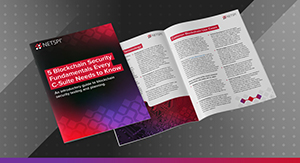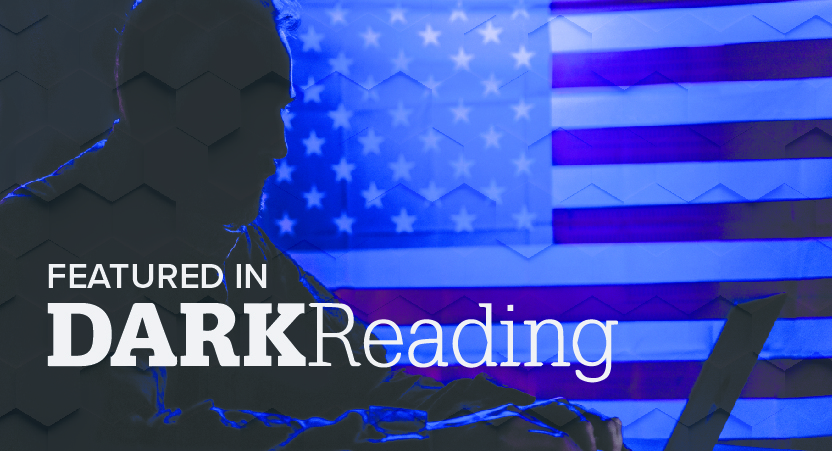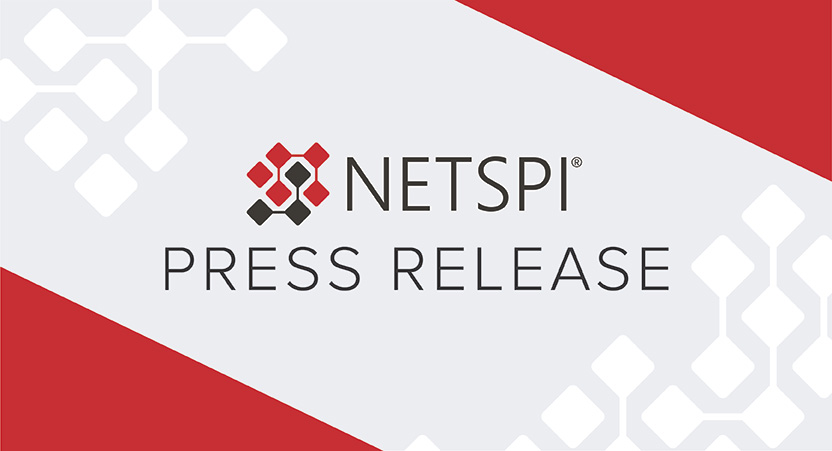DarkReading: Breaking Down the Strengthening American Cybersecurity Act
On May 11, 2022, NetSPI’s COO Charles Horton was featured in the DarkReading article, Breaking Down the Strengthening American Cybersecurity Act. Preview the article below, or read the full article online.
+++
The Cyber Incident Reporting Act, which was signed into law on March 15, is federal legislation aimed at bolstering the ability to prevent and more rapidly respond to cybersecurity attacks. While it won’t take effect until final rules are determined, it’s one of three parts of the Strengthening American Cybersecurity Act that is aimed at bolstering the cybersecurity of critical infrastructure and the federal government. The need for such an act has become intensified by the situation in Eastern Europe, as cyber warfare has proven to be a key and effective attack tactic for Russian nation-states.
Under the Cyber Incident Reporting Act specifically, critical infrastructure operators and federal agencies are required to report cyberattacks to the Cybersecurity and Infrastructure Security Agency (CISA) within 72 hours, and ransomware payments within 24 hours.
The overarching Strengthening American Cybersecurity Act will update current federal government cybersecurity laws to improve coordination between federal agencies, ensure the government takes a risk-based approach to cybersecurity, and require all civilian agencies to report all cyberattacks to CISA.
Overall, the act demonstrates increased recognition of the need for better policy in place to prevent attacks on a larger scale, and highlights the impact the US government can have on cybersecurity efforts within organizations.
But to truly understand the magnitude of the act’s potential impact, we must first gain insight into the current threat environment, while acknowledging the legislation’s benefits and limitations. Let’s explore.
Cyber Threats Show No Signs of Slowing Down
The recent cyber threats against Ukraine have signaled the need for heightened protection measures, while also demonstrating the large-scale consequences of a cybersecurity attack on an entire country. For example, several Ukrainian government and bank websites were recently offline as a result of a massive distributed denial-of-service (DDoS) attack.
Shortly following these attacks, a new “wiper” malware targeting Ukrainian organizations was discovered on hundreds of machines. These security incidents are suspected to be carried out by Russian cybercriminals, creating a new digital warfare environment that has taken organizations by storm.
One cause for concern for countries that have imposed sanctions against Russia is the potential of cyberattack retaliation. In addition to the escalating geopolitical tension in Eastern Europe, security teams continue to face an overwhelming amount of ransomware attempts, with malicious actors – not just from Russia, but across the world. In fact, approximately 37% of global organizations said they were the victim of a ransomware attack in 2021 — and that figure is only expected to increase this year.
Through the Strengthening American Cybersecurity Act, a new foundation is created for both public and private sector organizations, enabling them to create larger-scale defenses against nation-state actors while better bolstering protection against the continuous cyber threats they grapple with each day.
Continue reading the full article online.




